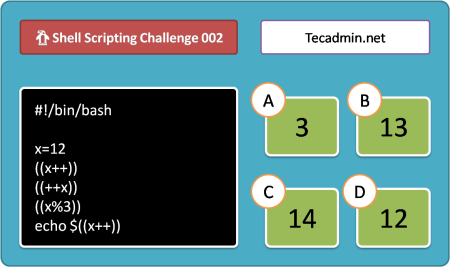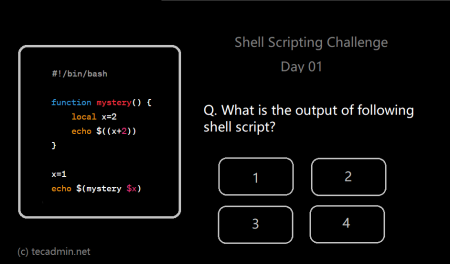Shell scripting is a powerful tool for automating tasks and performing system operations in Unix and Linux environments. One common task that arises in shell scripting is checking if a string is neither empty nor composed solely of spaces. In this article, we will explore different methods to identify non-empty and non-space strings in shell scripts, enhancing your scripting skills and making your scripts more efficient and robust.
Basics of String Manipulation in Shell Scripts
Before diving into the methods of checking for non-empty and non-space strings, it is crucial to understand some basics of string manipulation in shell scripts. Shell scripting treats strings as a sequence of characters. They can be assigned to variables, compared, and manipulated in various ways. Some common operations include concatenation, substring extraction, and pattern matching.
Method 1: Using the ‘test’ Command
The ‘test’ command is a versatile tool for evaluating expressions in shell scripts. It can be used to check if a string is non-empty and free from spaces with the following syntax:
1 2 3 4 5 6 7 | string="Sample String" if test "${string//[[:blank:]]/}"; then echo "The string is neither empty nor contains only spaces." else echo "The string is either empty or contains only spaces." fi |
In this example, ${string//[[:blank:]]/} removes all blank spaces from the input string. If the result is non-empty, the ‘test’ command returns true, indicating the input string is neither empty nor composed of only spaces.
Method 2: Using Conditional Expressions
Conditional expressions provide another way to check for non-empty and non-space strings. The following example uses double square brackets to evaluate the expression:
1 2 3 4 5 6 7 | string="Sample String" if [[ -n "${string//[[:blank:]]/}" ]]; then echo "The string is neither empty nor contains only spaces." else echo "The string is either empty or contains only spaces." fi |
The -n operator checks if the length of the resulting string is non-zero after removing blank spaces, effectively identifying non-empty and non-space strings.
Method 3: Leveraging Regular Expressions
Regular expressions (regex) offer a powerful pattern matching solution that can be used to check for non-empty and non-space strings. Here’s an example using regex in a shell script:
1 2 3 4 5 6 7 | string="Sample String" if [[ $string =~ ^[[:blank:]]*$ ]]; then echo "The string is either empty or contains only spaces." else echo "The string is neither empty nor contains only spaces." fi |
The regex pattern ^[[:blank:]]*$ matches strings that contain zero or more blank spaces. If the input string matches the pattern, it is either empty or consists only of spaces.
Method 4: Utilizing the ‘awk’ Command
The ‘awk’ command is a text processing tool that can be employed to identify non-empty and non-space strings. The following example demonstrates its usage:
1 2 3 4 5 6 7 | string="Sample String" if echo "$string" | awk '$0 !~ /^ *$/ {exit 1}'; then echo "The string is neither empty nor contains only spaces." else echo "The string is either empty or contains only spaces." fi |
In this example, we use the ‘awk’ command to evaluate the input string. The `!~ /^ *$/` pattern checks for lines that do not contain only spaces. If the input string matches this criterion, the ‘awk’ command exits with a status code of 1, indicating that the string is neither empty nor composed of spaces.
Conclusion
In this article, we have explored four different methods to check for non-empty and non-space strings in shell scripts. Each method has its advantages and is suitable for various use cases. The ‘test’ command and conditional expressions offer simple solutions for quick evaluations, while regular expressions and ‘awk’ provide more powerful pattern-matching capabilities.
By mastering these techniques, you will enhance your shell scripting skills, enabling you to write more efficient



